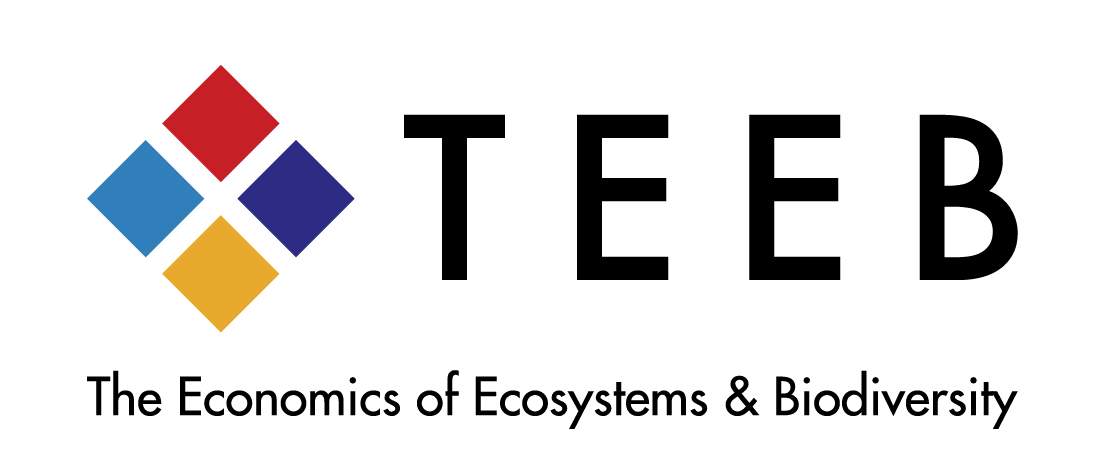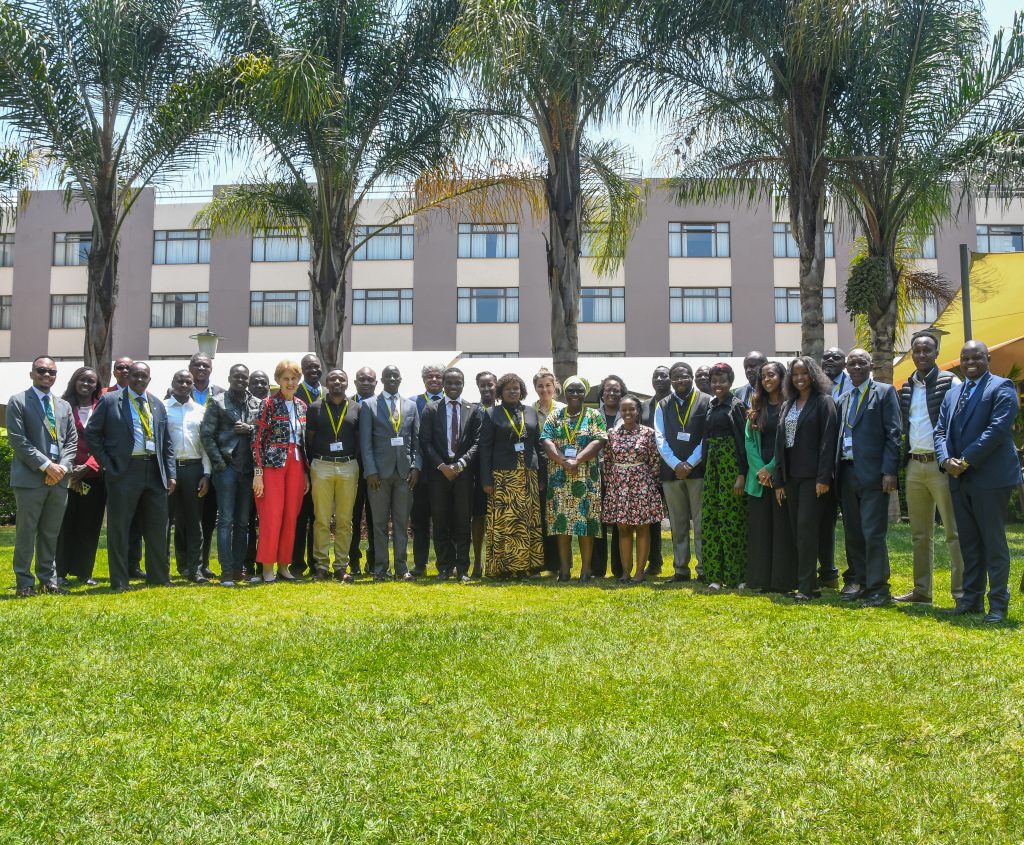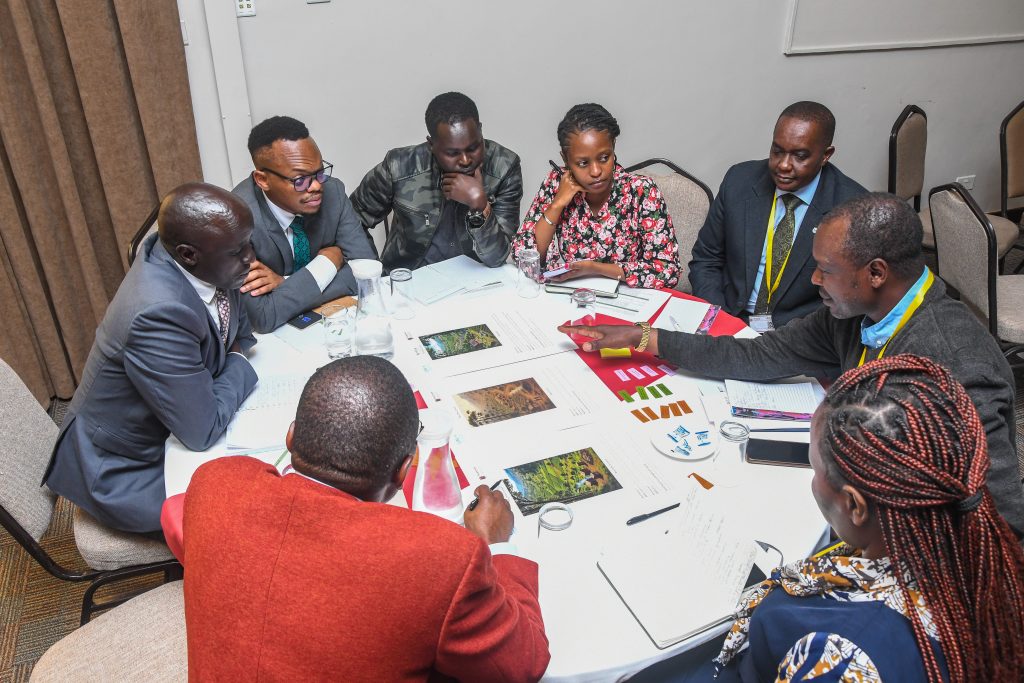
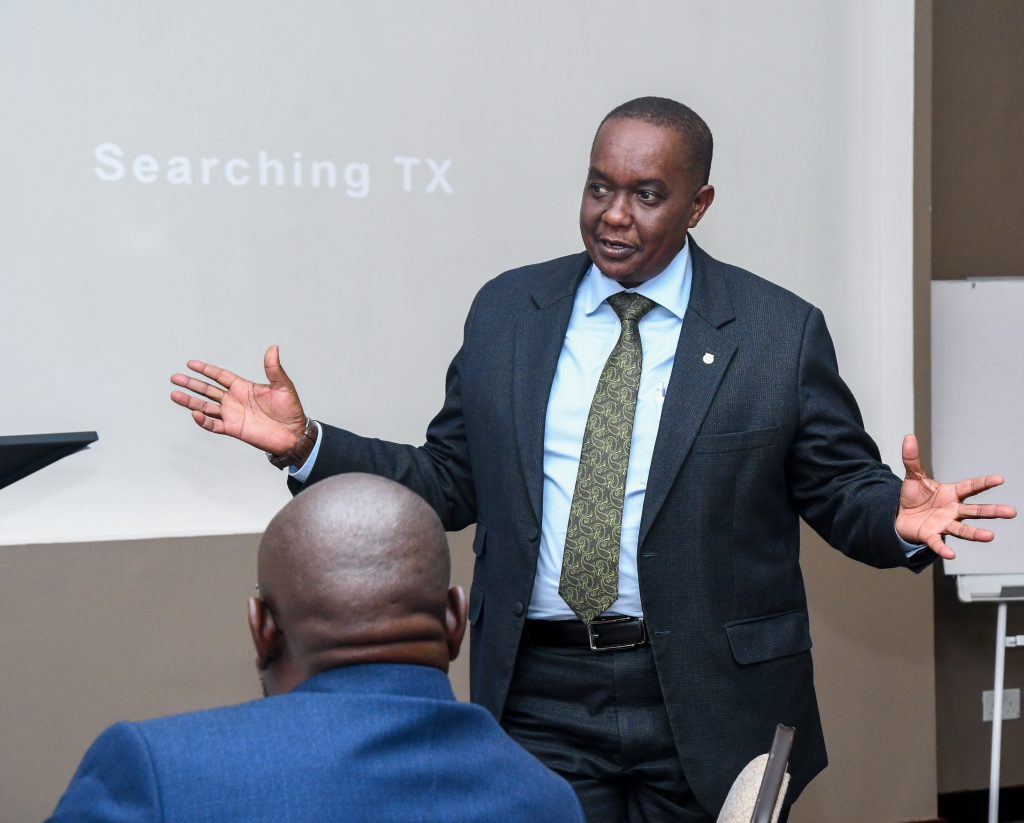
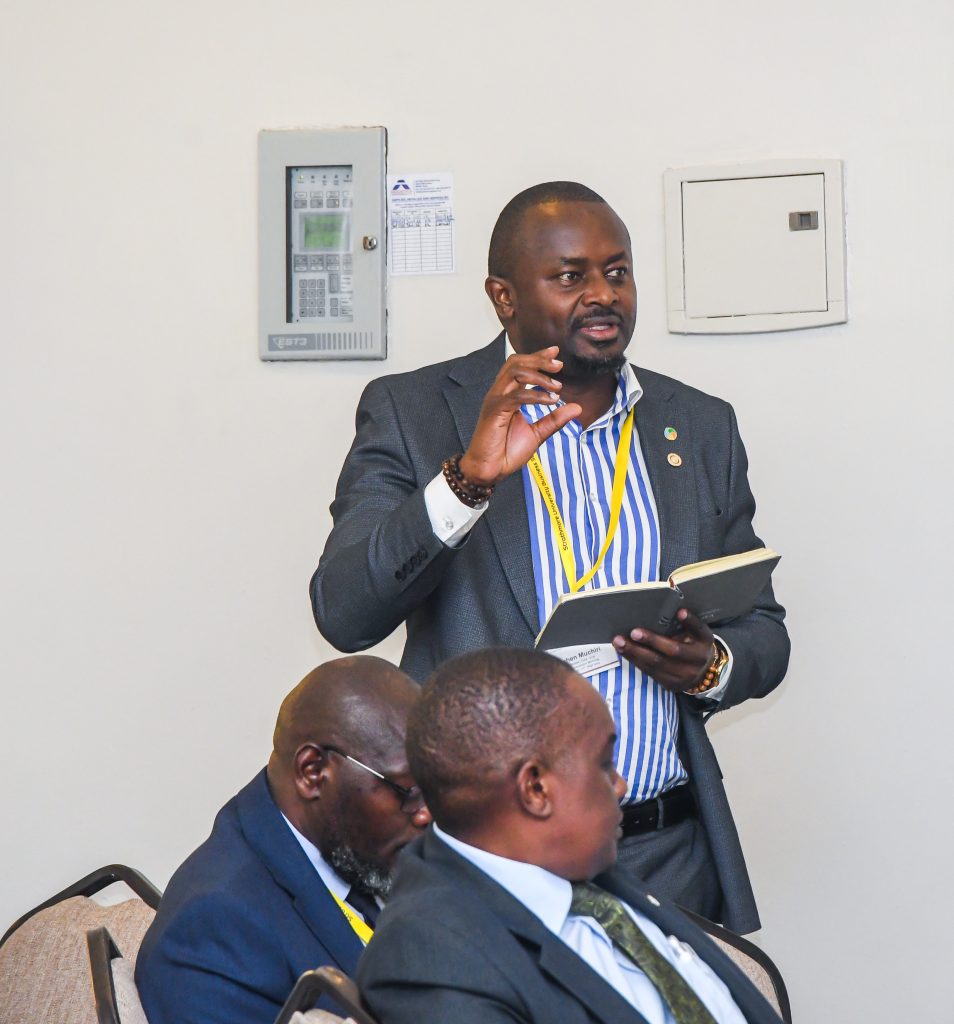
On Wednesday, 17th September 2025, members of the Steering Committee of the True Value of Food Project Kenya convened to review progress and shape the next phase of the project. The vision at the heart of the True Value of Food Project Kenya is to transform Kenya’s food systems to be more resilient to enhance and improve human well-being.
The meeting was chaired by Prof. Grace Cheserem, Deputy Governor of Elgeyo Marakwet County, who also serves as the Committee Chair. Prof. Grace welcomed the members and underscored the Steering Committee’s pivotal role in driving food systems. She outlined the expected outcomes of the session:
- Informing members of progress and consolidating the foundation already laid for food systems transformation.
- Reaching consensus on the TVA assessment methodology and refining the analytical tools to be applied.
- Agreeing on targeted policy engagement actions to strengthen project visibility and uptake, particularly across the 10 target counties.
- Establishing clear priorities, timelines, and stakeholder roles for advancing project activities.
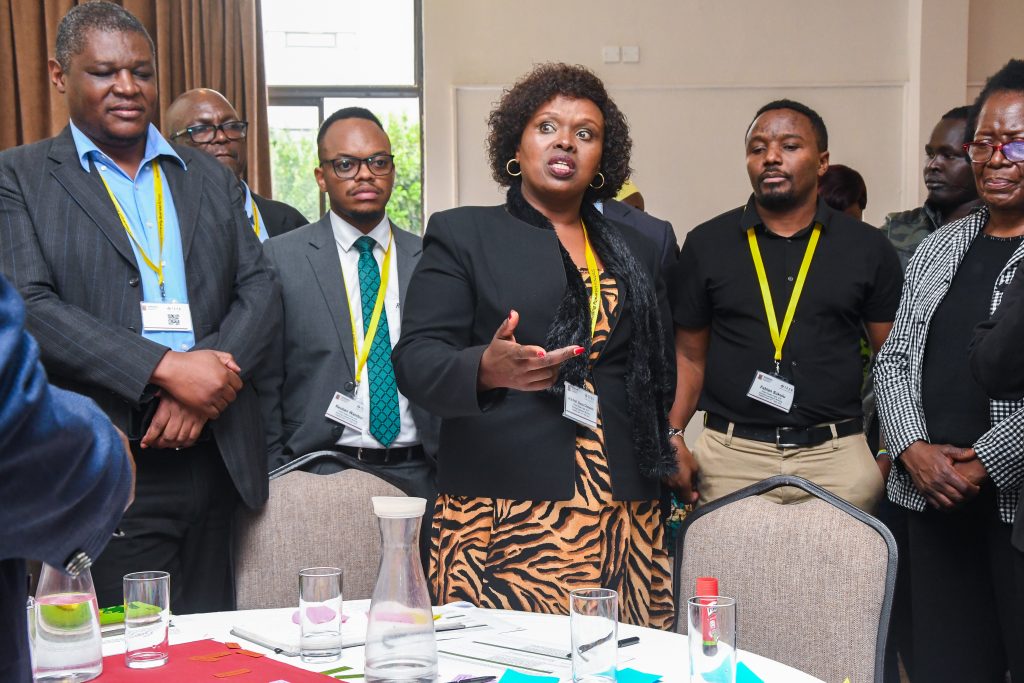

A key highlight of the meeting was a session led by Dr. Salman Hussain, the Coordinator for The Economics of Ecosystems and Biodiversity (TEEB), and acting Head of the Ecosystem Services Economics Unit.. He provided insights into the work done by TEEB and delved into the TEEBAgriFood framework. He posed a thought-provoking question: What if the way we measure food systems is holding us back?
Dr. Hussain emphasized the need to fix food metrics to capture the often “invisible” flows in agriculture, such as ecosystem services and natural capital, which are rarely valued in conventional systems. He noted that livelihoods must be maintained, sustained, and improved, and stressed that there can be no one-size-fits-all approach to farming. True transformation, he argued, requires valuing outputs and ecosystems and resources that sustain them.
Policy engagement emerged as a central theme of the discussions. Members agreed on identifying policy hooks to align the project with existing initiatives, recognizing that creating entirely new policies may not always be feasible.
Prof. Jacqueline McGlade reinforced this by making the case for nature-positive policies, emphasizing the urgency of addressing soil health and land degradation. She noted that embedding true value accounting into policymaking could unlock pathways to more resilient and sustainable agricultural systems.
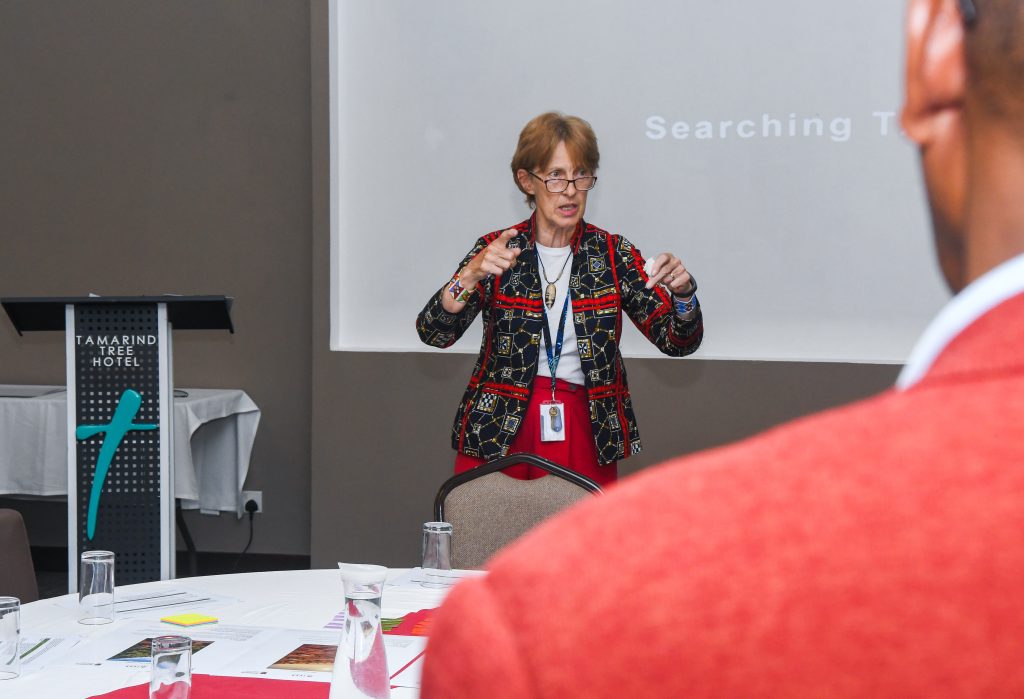
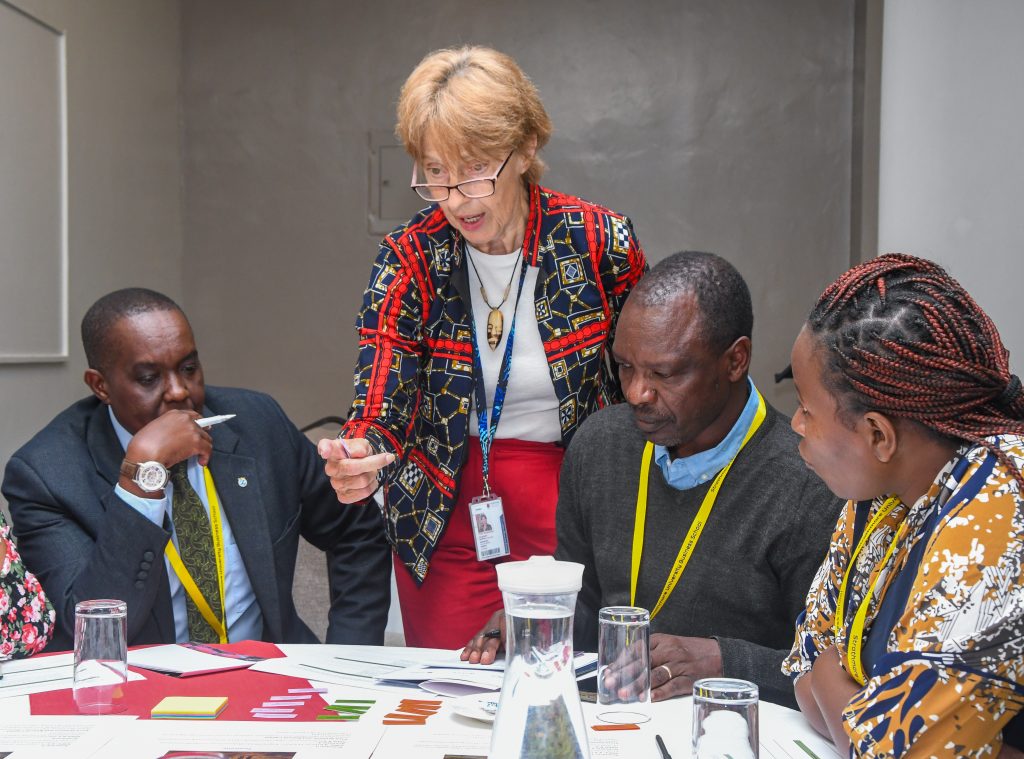
Questions on the return on investment in adaptation were raised, alongside the need to better integrate public and private sector efforts. The discussions also highlighted nutrition as a key outcome of the transformation of food systems. They emphasized the need to support farmers in growing nutrient-dense crops and adopting agroecological practices, essential to improving dietary outcomes while sustaining ecosystems.
The True Value of Food Project Kenya continues to strengthen its foundation for transformative change. The project positions Kenya as a sustainable food systems transformation leader by redefining measurement frameworks, embedding nature-positive policies, integrating climate resilience, and prioritizing nutrition.
As the meeting concluded, one message stood out: transforming food systems requires us to rethink what we measure, why we measure it, and who benefits from the outcomes. Only then can Kenya realize its vision of resilient food systems that enhance environmental sustainability and improve human well-being.
The True Value of Food Project Kenya is a collaborative initiative led by the United Nations Environment Programme (UNEP) with the Strathmore University Business School and funded by the IKEA Foundation, focused on transforming Kenya’s food systems through “true value accounting.” teebkenya.org The project aims to integrate biodiversity and ecosystem services into food policy by supporting decision-makers in recognizing and incorporating the real economic, social, and environmental costs and benefits of food production. It works by building capacity, generating knowledge-based tools and scenarios, and facilitating policy development and integration so that livelihoods are improved, biodiversity preserved, and food security strengthened.
Article by Juliet Hinga
